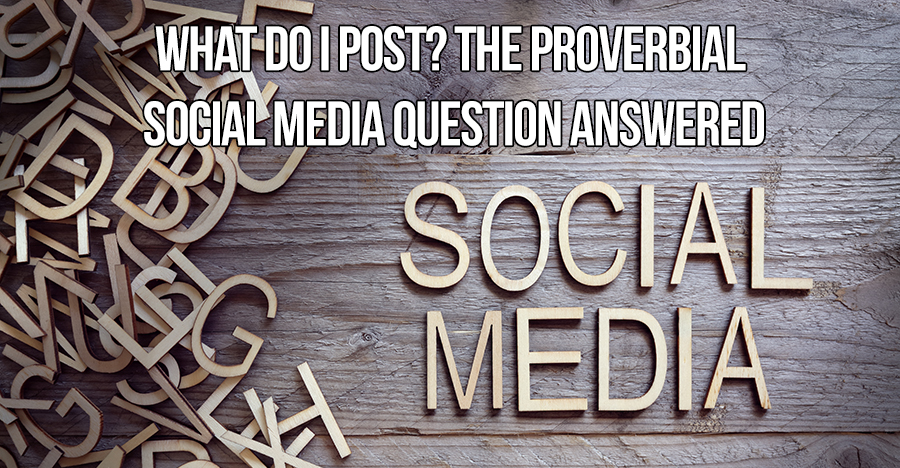Google's New Changes Shed New Light on Marketing
 I don’t mind Google’s new updates. I don’t mind that keyword terms are now encrypted as part of their overall efforts to secure all organic search data[1]. In fact, I’m rather fond of them… why? In more ways than just SEO, these algorithmic and data transparency changes are a litmus test for marketers; perhaps an analogy serves best.
I don’t mind Google’s new updates. I don’t mind that keyword terms are now encrypted as part of their overall efforts to secure all organic search data[1]. In fact, I’m rather fond of them… why? In more ways than just SEO, these algorithmic and data transparency changes are a litmus test for marketers; perhaps an analogy serves best.
Much like the photography industry, SEO became a trend. People learned the barebones basics and began subscribing to tools that were easily available (and came with pretty, client-ready reporting). In photography, much the same happened… the tools to create a façade became readily available to the public, and soon thereafter the industry was saturated. Any consumer can walk into a Best Buy or Costco and buy a prosumer-level DSLR camera which, coupled with a free website and Facebook page, can convince almost any customer in need to sign on that line at least once. True photographers became an endangered species, while “fauxtographers” used undercutting price tactics to gain market share. Unsuspecting clients didn’t know that they wouldn’t be getting the quality of a professional who actually studied the art and science of the craft for years. By the time the customer gets the final product, it’s too late to recover the money, time and priceless moments that could just as well been cameraphone pictures with catchy filters overlaid unedited images.
 What happened if you took away the easy access to the tools? Would the “professional” still be able to do the job? Perhaps that’s the defining variable of what makes a “professional” – as a true photographer could easily revert to film or even pinhole cameras with a thorough understanding of the science of light, a self-proclaimed “natural light photographer” would be helpless. In a sense, Google just turned on the lights and the “faux-SEO’s” are scurrying like cockroaches to find new tools (i.e. excuses) to present to clients.
What happened if you took away the easy access to the tools? Would the “professional” still be able to do the job? Perhaps that’s the defining variable of what makes a “professional” – as a true photographer could easily revert to film or even pinhole cameras with a thorough understanding of the science of light, a self-proclaimed “natural light photographer” would be helpless. In a sense, Google just turned on the lights and the “faux-SEO’s” are scurrying like cockroaches to find new tools (i.e. excuses) to present to clients.
Rest assured, some of the roaches (the strongest specie in evolution, right?) were tough enough to hang around and read the articles published about work-arounds[2], tools/tricks[3], and even the approach[4] to take back to their clients. Still, the proof awaits always in the results. The fact is that Google’s made a lot of changes recently, it’s just that not all are getting the same attention.
 If you’re running a PPC campaign, you’ll be happy to know that the new “Pay by Viewable Impression CPM Bidding” was released[5] this week, a new level of data that will provide insights about everything from ROI to customer behavior. Given that 31% of online ads go unseen, this development could save unnecessary expenditures – practically a gift from Google if paired with the marketer who can use it to the client’s advantage. But while this change won’t get the publicity of Google’s “Hummingbird” algorithm change, it does show that Google continues to strive for the authentic. Real relevancy of results, accuracy of KPI’s for advertisers and the ever-stringent rules of ethical and transparent business behavior… all evidence that the playing field is quite even, given that your player (marketer) isn’t just wearing the flashy uniform and staying abreast of all the best and most-convincing buzzwords.
If you’re running a PPC campaign, you’ll be happy to know that the new “Pay by Viewable Impression CPM Bidding” was released[5] this week, a new level of data that will provide insights about everything from ROI to customer behavior. Given that 31% of online ads go unseen, this development could save unnecessary expenditures – practically a gift from Google if paired with the marketer who can use it to the client’s advantage. But while this change won’t get the publicity of Google’s “Hummingbird” algorithm change, it does show that Google continues to strive for the authentic. Real relevancy of results, accuracy of KPI’s for advertisers and the ever-stringent rules of ethical and transparent business behavior… all evidence that the playing field is quite even, given that your player (marketer) isn’t just wearing the flashy uniform and staying abreast of all the best and most-convincing buzzwords.
[1] http://searchengineland.com/uncloaking-keyword-specific-organic-traffic-to-your-site-in-the-not-provided-era-176193
[3] http://searchengineland.com/uncloaking-keyword-specific-organic-traffic-to-your-site-in-the-not-provided-era-176193










